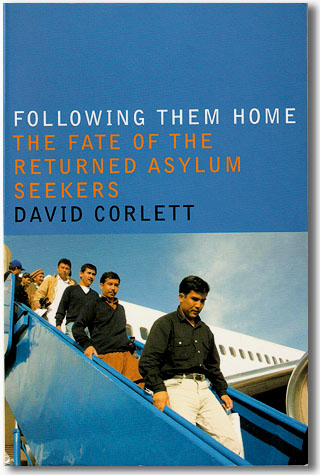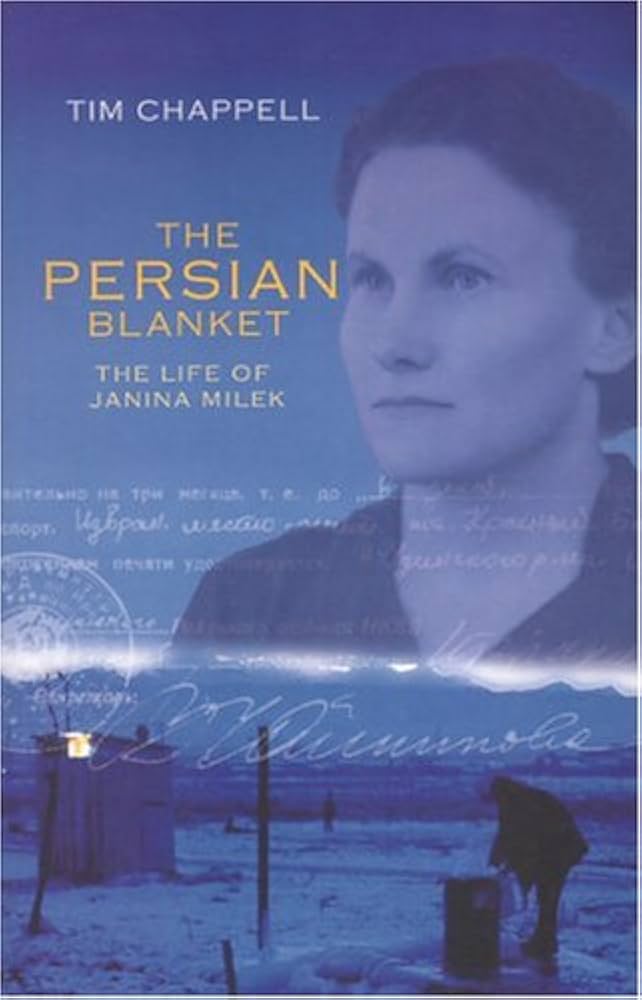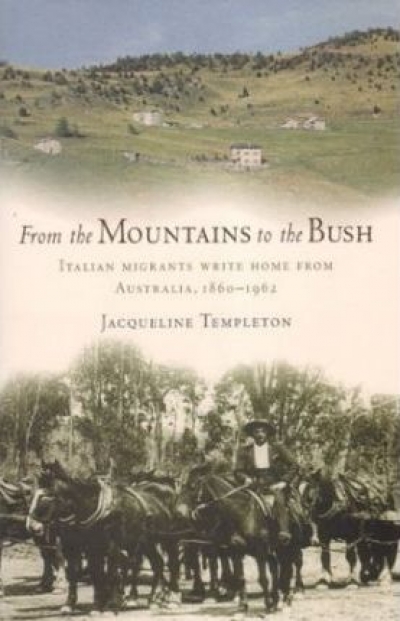Immigration
Film | Theatre | Art | Opera | Music | Television | Festivals
Welcome to ABR Arts, home to some of Australia's best arts journalism. We review film, theatre, opera, music, television, art exhibitions – and more. To read ABR Arts articles in full, subscribe to ABR or take out an ABR Arts subscription. Both packages give full access to our arts reviews the moment they are published online and to our extensive arts archive.
Meanwhile, the ABR Arts e-newsletter, published every second Tuesday, will keep you up-to-date as to our recent arts reviews.
Recent reviews
Following Them Home: The fate of the returned asylum seekers by David Corlett
by Peter Mares •
The Persian Blanket by Tim Chappell & Not Paradise by Anna Rosner Blay
by Gay Bilson •
From the Mountains to the Bush: Italian immigrants write home from Australia by Jacqueline Templeton, edited by John Lack and assisted by Gioconda di Lorenzo
by John Thompson •
The Italians in Australia by Gianfranco Cresciani
by Loretta Baldassar •




